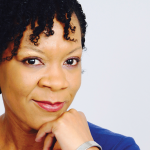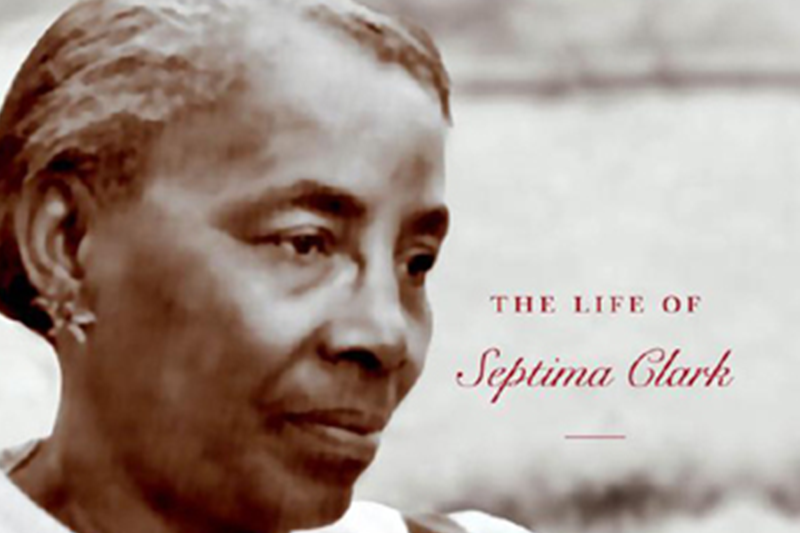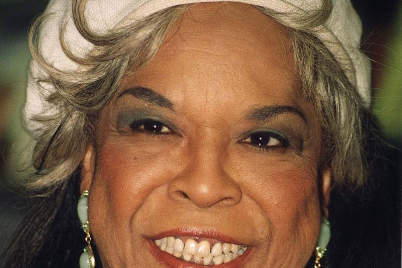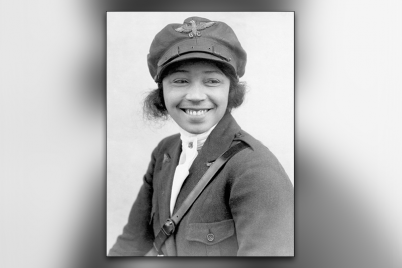Septima Poinsette Clark was an educator and a civil rights activist.
BY KEISHA BELL | Visionary Brief
“Why is she here,” he asked.
Do you know the feeling of being unwelcomed because you are the “wrong” color, gender, socio-economic bracket, nationality, sexual orientation, age, faith, etc. – even when you bring a wealth of valuables and are willing to share openly?
Septima Poinsette Clark, an educator and a civil rights activist, had treasures to contribute to an African-American civil rights organization for the betterment of black people. Her work was no secret.
She developed literacy classes and Citizenship Schools that were instrumental in developing civil rights leaders and the drive for voting and civil rights for African Americans. She became known as the “Grandmother of the Civil Rights Movement in the United States.”
Although Clark’s Citizenship Schools were seen as an illustration of support for Dr. Martin Luther King, Jr., Clark experienced sexism from Dr. King and Reverend Ralph Abernathy, co-founder of the Southern Christian Leadership Conference (SCLC). According to Clark, on a number of occasions, Rev. Abernathy wanted to know why she was on the SCLC’s Executive Board.
As follows, Dr. King would routinely respond by saying, “‘She was the one who proposed this citizenship education which is bringing to us not only money but a lot of people who will register and vote.”
Of course, Rev. Abernathy knew of Clark’s benefactions to the Civil Rights Movement, yet he continued to struggle to accept her as his peer. Why was he reluctant?
Rev. Abernathy was well aware of the injustices done to African Americans. After all, he was a leader in the Civil Rights Movement. He helped to create the Montgomery Improvement Association, which was influential in the Montgomery bus boycott.
Knowing that both black men and women were subject to racial atrocities, how could someone (especially someone) who personally experienced discrimination struggle with the idea of black women sitting at leadership tables, spaces where strategies are crafted to overcome such exploits?
[Note: Clark’s Citizenship Schools exemplify an empowerment strategy for developing civil rights leaders.]
The sacrifices and contributions of African-American women in Black America’s freedom fight are well documented. Still, however, some prefer that she is neither seen nor heard.
Defying all odds, she is here. She is both seen and heard.

Keisha Bell







